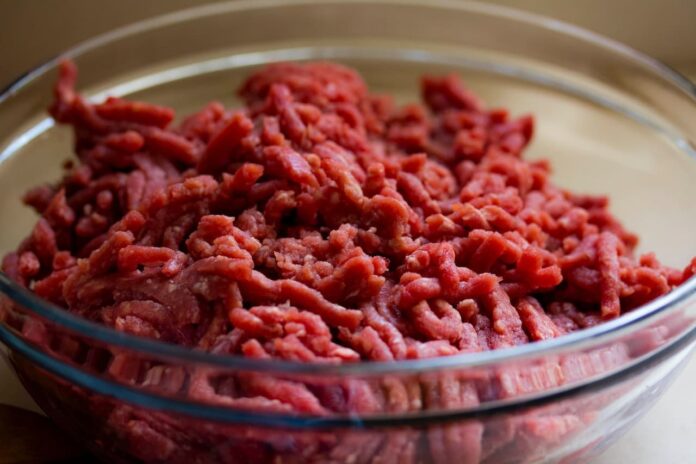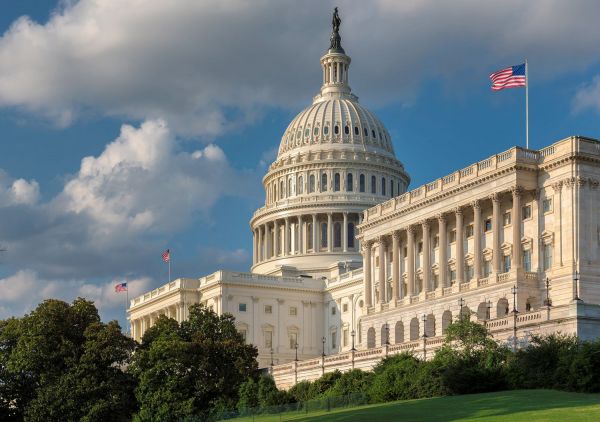STURGIS, S.D. – South Dakota is among eight states where fresh and frozen beef products have been banned from Columbia.
The move from the South American country comes in response to the discovery of the HPA1 virus (a pathogenic previously confined to only poultry and birds) in dairy cows in the U.S. According to a Reuters report and citing the USDA as a source, Colombia has restricted the import of beef and beef products coming from U.S. states where dairy cows have tested positive for avian influenza as of April 15. It is the first country to officially limit trade in beef due to HPA1 in cows, in a sign of a broadening economic impact of the virus that has restricted poultry trade globally affecting consumer availability and prices.
To date, no U.S. beef cattle have tested positive for bird flu, government officials said.
 Mandatory Testing, tracing Of All Dairy Cattle Required 〉
Mandatory Testing, tracing Of All Dairy Cattle Required 〉
South Dakota Reports First Case, Other States Issue Controls〉
Influenza Virus Detected In South Dakota Dairy Herd〉
CDC Confirms First Person Infected With Avian Flu〉
Dairy Cows, Goats Test Positive For Deadly Avian Flu〉
Colombia is the only country that has officially imposed restrictions on U.S. beef exports over the H5N1 outbreak, said Joe Schuele, spokesman for the U.S. Meat Export Federation.
“The restrictions Colombia has imposed on U.S. beef as a result of the recent highly pathogenic avian influenza (HPAI) findings in lactating dairy cows have no scientific basis,” said Schuele. He added, “Colombia is the only country that has officially restricted imports of U.S. beef and that USMEF is encouraged that the vast majority of our trading partners are following the science on this matter.”
Colombia imposed temporary restrictions on raw bovine meat products, the notice said. If exporters have a valid import permit, shipments may still be held at the port.
The restrictions come as the U.S. government said it will require dairy cattle moving between states to be tested for bird flu starting on Monday, as federal officials ramp up their response to an outbreak that has bled over into the U.S. milk supply.
The measures aim to contain the spread of bird flu, which has been reported in eight states and 33 dairy herds since it was first detected in late March in Texas. A person exposed to cattle tested positive for the disease and suffered conjunctivitis.












